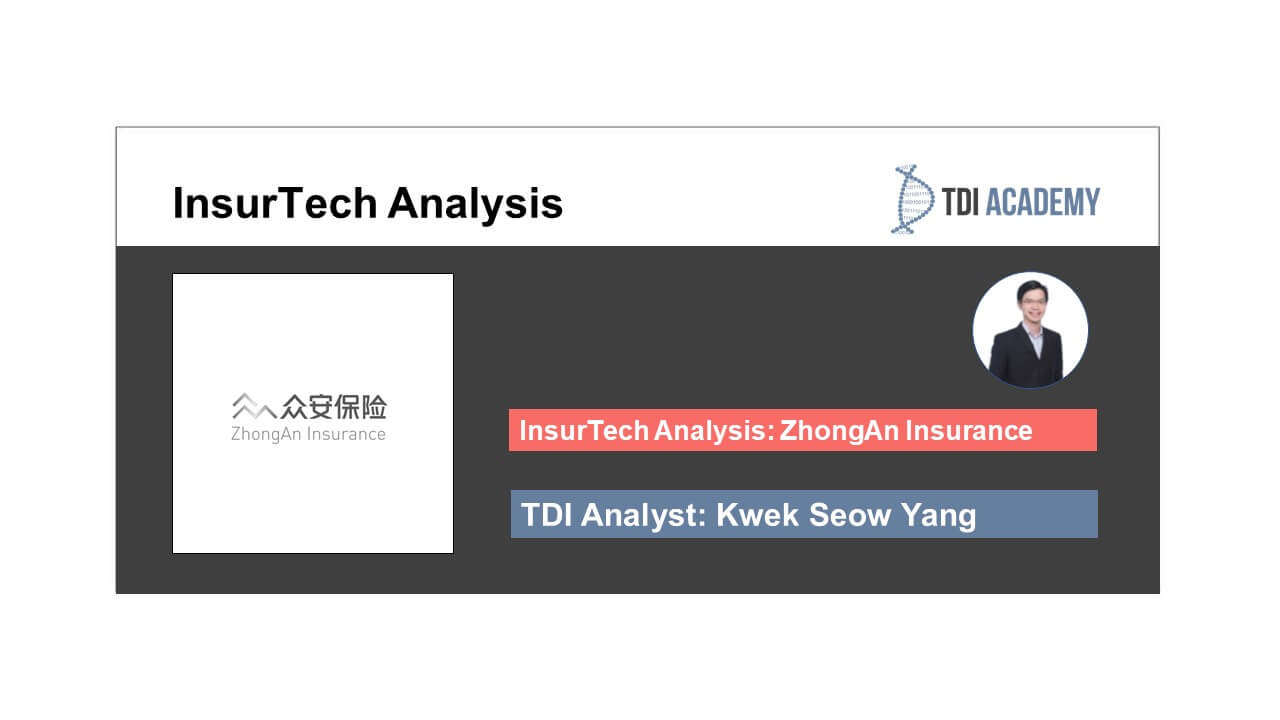Interview: Dominique Roudaut, a venture capital view on InsurTech from Silicon Valley

Pádraig Floyd: How do you go about assessing whether an InsurTech might be a good bet for investment?
Dominique Roudaut: The first item I’m looking at is does it make sense? I’ve seen a number of startups with a solution looking for a problem – or as they say in the UK, a case of the tail wagging the dog.
I would avoid those, unless I can help them understand the problem. That is the key point for me – to identify there is a problem and that it is a worthy one to solve. Then, we need to quantify outcome. I am looking for the coherence of the problem-solution-outcome continuum.
But even if those three items align, it may not be saleable, lacking distribution, or the price may be too high. That is where I start looking at the market fit. If it makes sense, can we start translating the problem-solution-outcome continuum into a product?
That involves answering a number of questions – what can we do with it, who the potential customer is, what is the problem to solve, etc – leading to the business plan. Here again, I’m looking for coherence. If you say you’ll reach $100 million of revenue after a year, but you don’t hire any salespeople in your business plan, I would enquire about it. I’ll consider numbers against a benchmark – my own experience and the opportunity cost. But first and foremost does it make sense, and is the business plan coherent?
Finally, an important factor is traction. Do you have a market interested in what you’re doing? Have clients already been using it? And crucially, if so, what have you learned from it?
The idea here is to see how you have tested your assumptions. This is simply a test to see if it works and then to see how we can move forward from there.
Traction is a way to eventually alleviate the potential red flags that arise around problems with the solution, product, market fit and business plan all tying up together. That is, essentially, what I would call the harder, core aspect of valuation.
Floyd: A lack of coherence in any planning stage would seem to offer red flags. But what other things do you look for in a business you’re considering investing in? Startups are often run by people without a broad business background, and a number have had well documented problems arising from a lack of focus in developing certain areas, such as finance, governance, or even corporate culture. Are there early warning signs you would seek to identify?
Roudaut: Now, here we are beginning to get into the softer aspect of valuation. It’s all about the team, the founders, their experience – individually or working together – now or previously.
One of the main reasons founders may not get along is because they have different views on how to get things done. If they have worked together before, it’s much easier to have an understanding of commitment and the potential longevity of the team. They know what they’re doing and have done it together before. That removes a potential red flag.
Another way to mitigate potential red flags – because we can’t know everything – is to look at who else is around the table at the early stages. If you have a founder or executive team member lacking certain skills, is there an investor or adviser who could help fill those gaps?
They can add something of value, whether it is helping with going to market, with contacts, or simply with experience if the founders have not done this before.
As I said before, if we know we have a real solution for a real problem that delivers a real outcome, we know it’s worth something.
Then I would go back to the business plan and look at how to spend some money invested into the company. Who will be hired and what, exactly, will they be hired to do? And if you plan to be more than a company of one or two people within six months, perhaps you will need some HR support.
Floyd: So, assessing InsurTechs shouldn’t be any different from any other business. People shouldn’t get hung up on the tech – it’s still about people, risk and managing those potential risks.
Roudaut: It is all about common sense among a lot of uncertainties and that’s why I always go back to the fundamentals. I shy away from fads, as they may trigger higher valuations not grounded in facts.
And we must understand that a high valuation environment will attract higher valuations, and the opposite is also true. It’s a market, like any other, driven by offer and demand, and so you have some elements of, not so much irrationality, but market effect.
Floyd: That brings me on to my next question as to where you see valuations and whether the apparent lack of funding within not just InsurTech, but fintech in general, is largely cyclical for economic reasons? Or are there different structural reasons for less money being on the table?
Roudaut: There might have been a correction in general, and there was possibly a need for one, as there may have been a bit of a bubble. The race for growth, must, at some point, be backed up by results.
Many InsurTechs have been focusing on UI and UX (user interface and user experience design). That’s a natural step as insurance companies have given customers mediocre experiences, so it’s a good problem to solve.
While that may have been disruptive five years ago, it no longer is. Quoting, binding and paying claims in 90 seconds would deliver a better experience but if it is of the same old product, more and better can be done. This is where many delved into data analytics, pricing, modelling. Another good problem to solve. But we should not forget new risks, new behaviors, new possibilities along with new ways of addressing older issues.
At some point, startups need to be able to demonstrate they have a sustainable business. Perhaps in recent years, the market was not as demanding, willing to bet to be in the game, plant a flag and benefit from the early adopter effect.
But that is maybe less true, now. There is a lot of competition between startups. We can still take a bet at the start and invest, but I believe the market is increasingly demanding proof of return. And that is perhaps coming a bit faster now than it did a few months ago.
Floyd: How will that influence the ways insurers and VCs invest in InsurTech in the next year or so, given the turbulent economic environment?
Roudaut: Investors may be more demanding today than they were a few months ago, but there is still plenty to invest. Good concepts and good teams will always find funding. There is a premium for quality, whether that is insurance related or elsewhere.
For more from Dominique, watch the TDI InsurTech Evaluation webinar recording, available on-demand here




















































